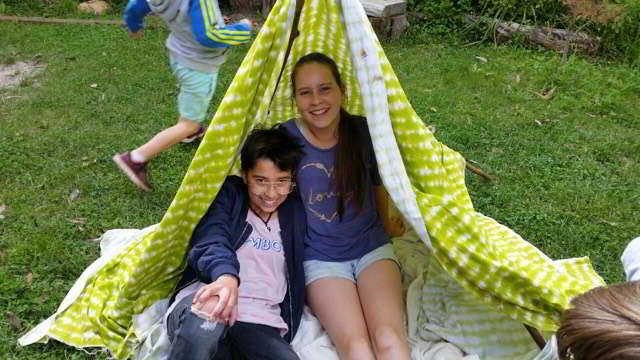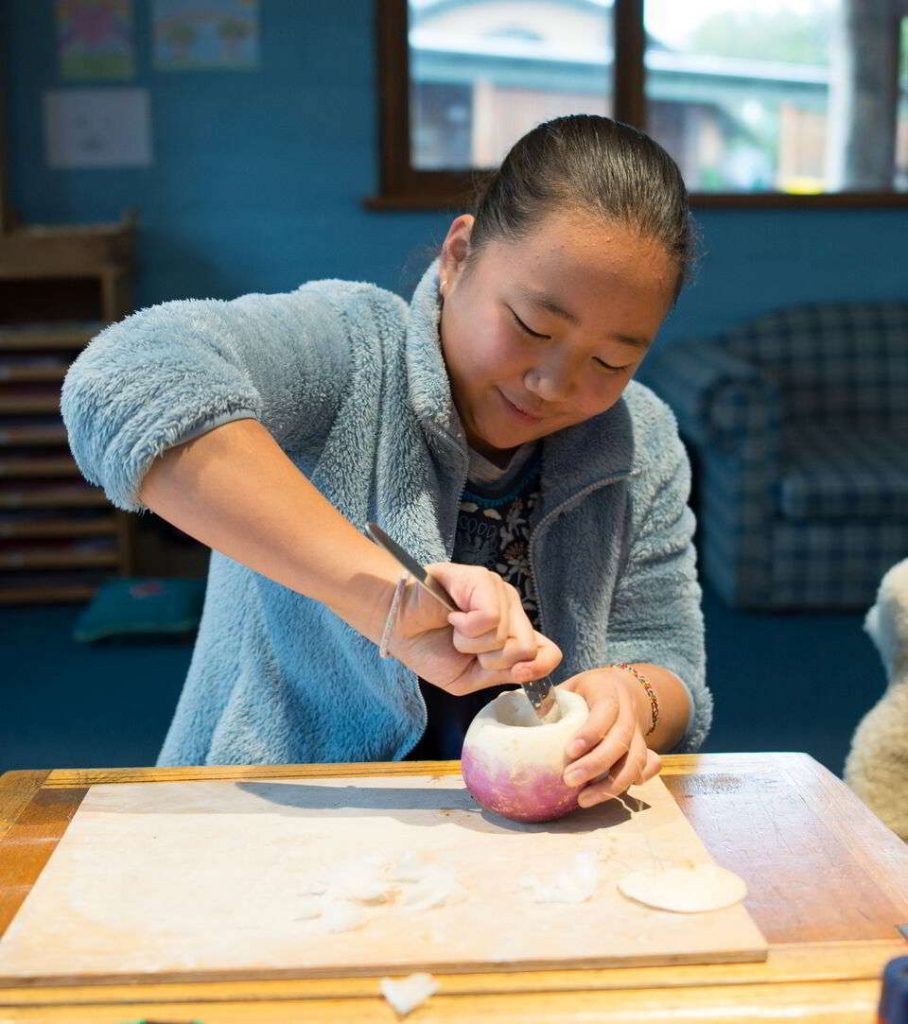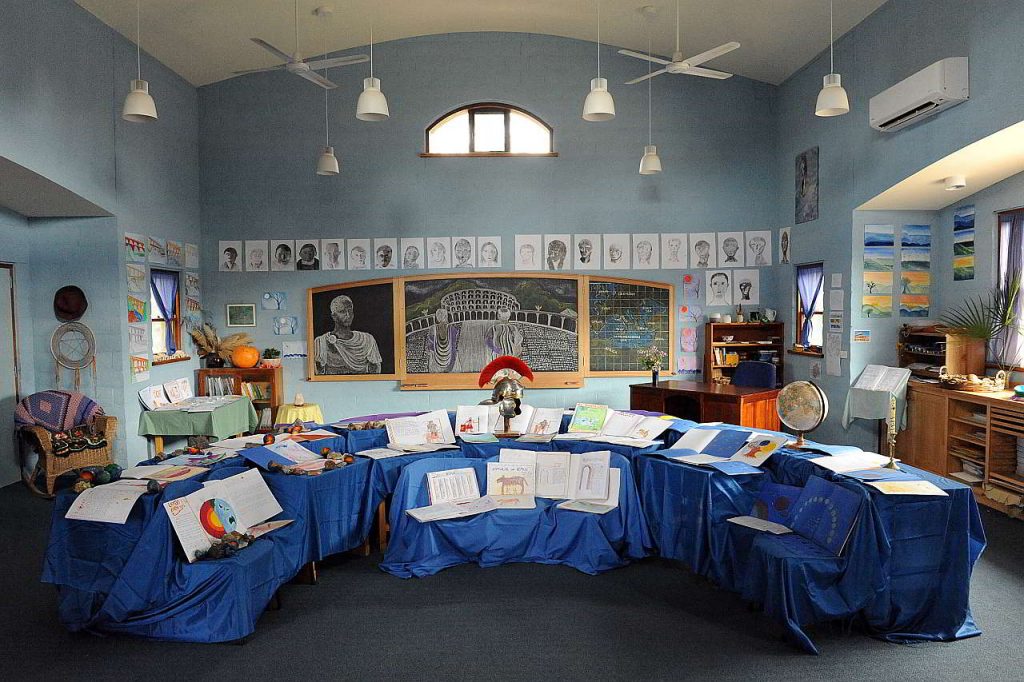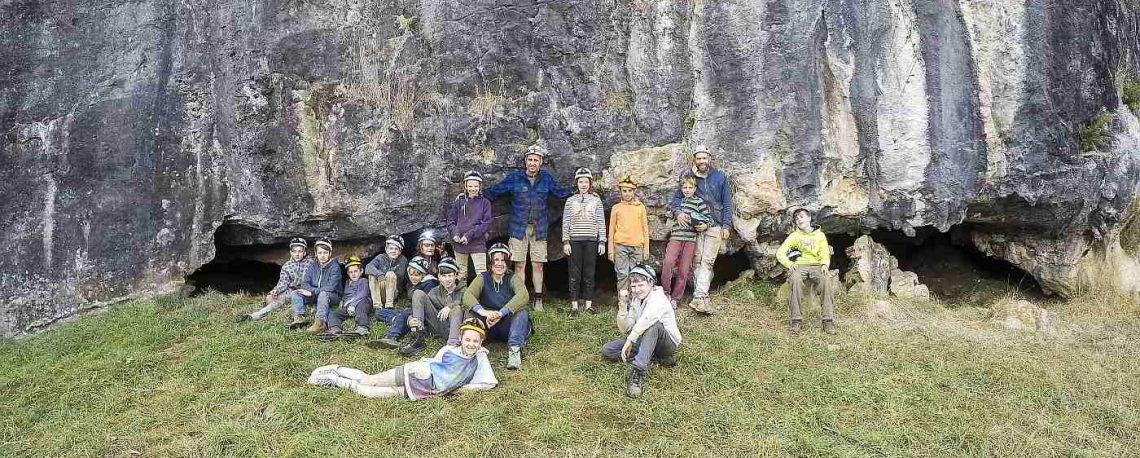Curriculum Themes in Class Six
In Class Six, children begin to anticipate adolescence. In the various curriculum topics indicated – sequential, recorded history, the geography of Europe, formal geometry, business maths, phenomenological science, gardening, woodwork and organised games – the children’s changing physical, psychological and cognitive make-up is acknowledged and tended.


At this age, the teacher aims to work with the children’s growing orientation towards the outer world. Their dawning critical faculties should be directed towards observing the natural world from a scientific standpoint and their increasing interest in social relationships should provide many opportunities for the children to take responsibility for their own class community. The aim is to forge a new social relationship between each other and their teacher.
As new capacities for thinking emerge, children can be led to understand causal relationships at work in the world. The children’s awareness should be directed towards the world they will live and work in as adults. They need to be challenged and are capable of high standards in their schoolwork.
Possible Main Lessons in Class Six
- Rome (English, History)
- Revision – fractions, decimals & percentages (Mathematics)
- Geology/Geography (Science)
- The Language of Poetry & Prose; Australian pioneers (English)
- Introduction to Business Maths (Mathematics)
- Acoustics, Optics, Heat & Electricity (Science & Technology)
- Ancient Rome (English, History)
- Geometry, solid geometry (Mathematics)
- Camp – Australian Parliament and explorers (History)
- The Middle Ages; the growth of Islam and Christianity (English)
Astronomy (Science and Technology) - Class Play – based on Middle Ages/Crusades (Creative Arts, English)

Class 6 concludes with a Graduation Dinner with the Class teacher, students and their parents to celebrate the conclusion of their journey together. It is a warm and wondrous celebration of gratitude for the contribution each has made to the other’s lives and learning. An example of one such event comes from 2017’s graduating class.

